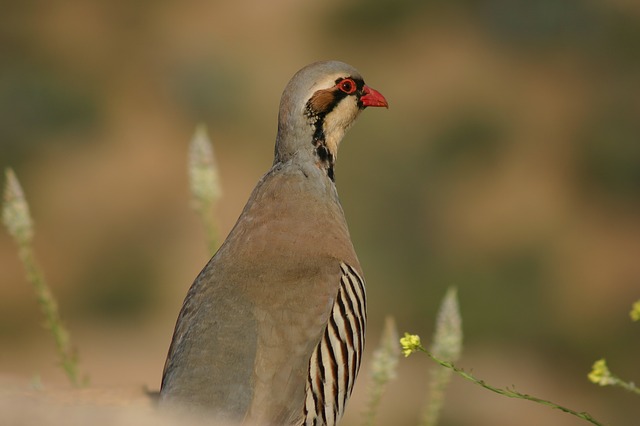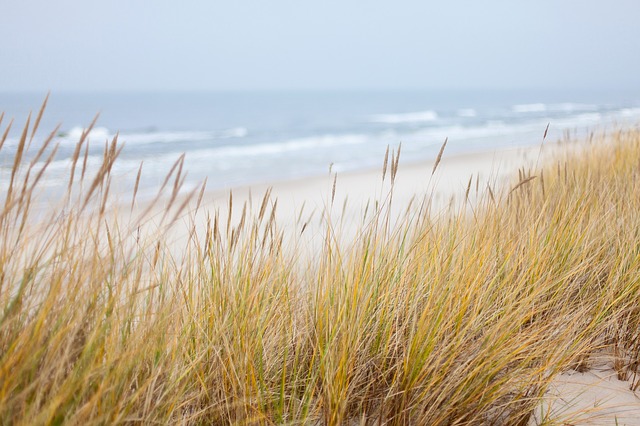The indigenous animal species of Pakistan include a diverse variety of animals. Some animals are endemic to Pakistan only. Baluchistan, one of the provinces of Pakistan holds a wide range of animals that are only found in that area. The indigenous animal species include mammals, reptiles, amphibians, birds, flying and crawling insects, and fishes.
Also read: National Parks in Pakistan – Fauna, Flora and Importance
The presence of animal species depends on the climatic conditions of that area. Due to the impacts of climate change and habitat destruction, many animal species of Pakistan are vulnerable to extinction. Below, 12 indigenous animal species of Pakistan are listed with a local name, scientific name, IUCN status, and a photo along with the location. The Official National Bird of Pakistan Chukar (Alectoris chukar) is also included in the list.
There is an article about 12 Vulnerable and Endangered Animal Species of Pakistan. Any missing indigenous animal species can be found in the linked article.
1. CHUKAR PATRIDGE
Common English Name: Chukar partridge
Scientific names: Alectoris chukar
Local Names: Chukar
ICUN Status: Least Concern
Location: Azad and Jammu Kashmir, Baluchistan
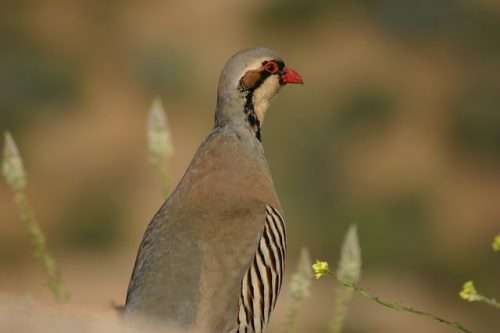
2. WOOLY FLYING SQUIRREL
Common English Name: Woolly Flying Squirrel
Scientific names: Eupetaurus cinereus
ICUN Status: Endangered
Location: Northern Pakistan
3. HIMALAYAN MAHSEER
Common English Name: Himalayan Mahseer
Scientific names: Tor putitora
Local Names: Mahseer
ICUN Status: Endangered
Location: Azad Kashmir, Balochistan, Khyber Pakhtunkhwa
You might also wish to read: Illegal Wildlife Trade in Pakistan – Threat to Endangered Species
4. INDUS VALLEY TOAD
Common English Name: Indus Valley toad, Indian marbled toad, Punjab Toad
Scientific names: Duttaphrynus stomaticus
ICUN Status: Least Concern
Location: Punjab and Sindh
5. PEREGRINE FALCON
Common English Name: Peregrine falcon
Scientific names: Falco peregrinus peregrinator
Local Names: Shaheen
ICUN Status: Least Concern
Location: Punjab and Khyber Pakhtunkhwa

6. MUGGER CROCODILE
Common English Name: Mugger crocodile
Scientific names: Crocodylus palustris
Local Names: Magarmach
ICUN Status: Vulnerable
Location: Baluchistan
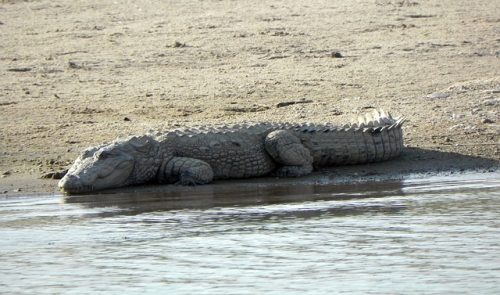
7. HIMALAYAN PURPLE EMPEROR BUTTERFLY
Common English Name: Indian Purple Emperor, Himalayan Purple Emperor
Scientific names: Mimathyma ambica
ICUN Status: Not Evaluated
Location: Northern Pakistan, Azad, and Jammu Kashmir
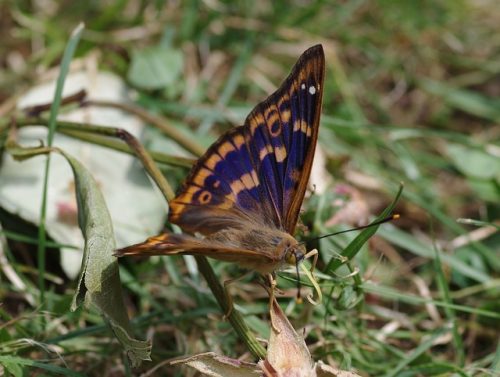
8. BATURA TOAD
Common English Name: Batura toad, Batura Glacier toad
Scientific names: Bufotes pseudoraddei
Local Names: Swati Gauk
ICUN Status: Least Concern
Location: Northern Pakistan
Also check out: 20 Deadly Venomous and Poisonous Animals Found in Pakistan
9. INDUS CATFISH
Common English Name: Indus Catfish
Scientific names: Mystus horai
Local Names: Singara fish
ICUN Status: Vulnerable
Location: Indus River
10. BALOCHISTAN FOREST DORMOUSE
Common English Name: Balochistan Forest Dormouse
Scientific names: Dryomys niethammeri
ICUN Status: Endangered
Location: Baluchistan
11. INDIAN RED SCORPION
Common English Name: Indian Red Scorpion
Scientific names: Hottentotta tamulus
Local Names: Laal Bichoo
ICUN Status: Not Evaluated
Location: Eastern Pakistan
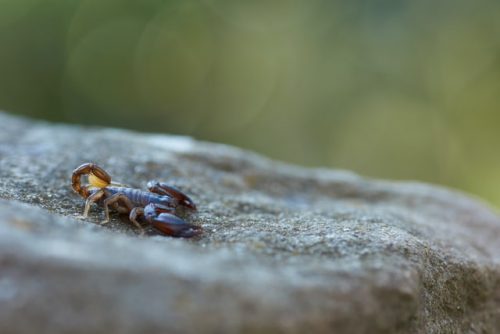
12. RED SAND BOA
Common English Name: Red Sand Boa, Indian Red Sand Boa
Scientific names: Eryx johnii
Local Names: Domuhi sanp
ICUN Status: Near threatened
Location: Southern Punjab
Also read: Endemic or Native Fauna and Flora of Pakistan
The varied climatic conditions of Pakistan make habitats for many animal species. There are more species present in northern Pakistan that are yet to be discovered. However, these indigenous animal species must be taken care of due to their unique availability in Pakistan.
You might also be interested in:
Endemic or Native Mammal Species of Pakistan
Endemic or Native Bird Species of Pakistan
Endemic or Native Reptile Species of Pakistan
Endemic or Native Amphibian Species of Pakistan
Endemic or Native Fish Species of Pakistan
Endemic or Native Plant Species of Pakistan
I hope you all liked this post! Please comment below if you have any suggestions, comments, or feedback! We at #envpk love hearing from our readers! Thanks!

